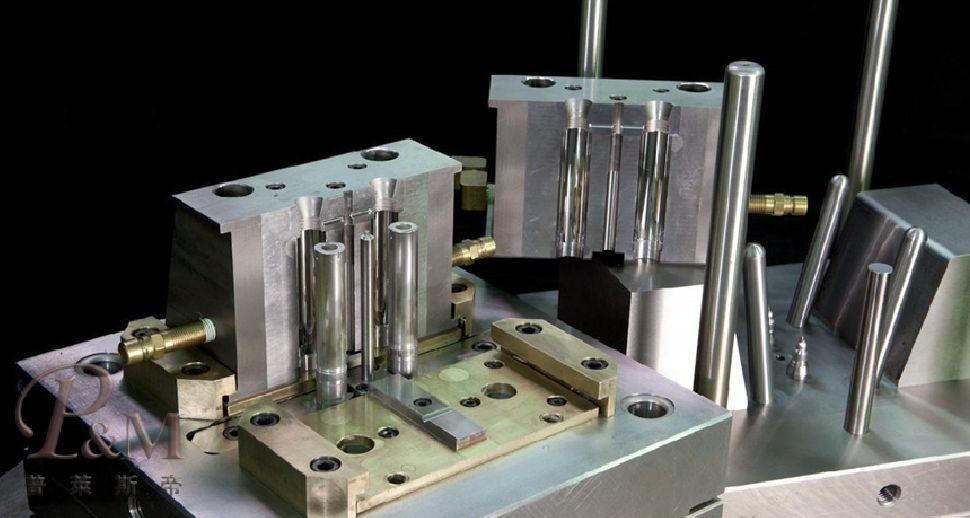While manufacturing has long pursued automation, the injection molding industry is now entering a new phase of hyper-digitization. The principles of Industry 4.0 are transforming the shop floor, moving beyond simple robotics to create fully integrated, self-optimizing production ecosystems. The centerpiece of this revolution is the “smart mold.”
Historically, the injection mold has been a passive, albeit complex, piece of steel. Today, it is being reimagined as an active, intelligent data hub. By embedding sensors directly into the mold cavity to measure real-time pressure, temperature, and flow, manufacturers can gain an unprecedented view inside the process. This “in-cavity” data is a game-changer.
Instead of relying on the machine’s settings (e.g., injection pressure), a smart molding system monitors the actual conditions the plastic experiences as it forms the part. This data feeds into a closed-loop control system, allowing the machine to make micro-adjustments “on the fly” to compensate for material viscosity shifts or environmental changes. This moves the industry from traditional Statistical Process Control (SPC) to true, 100% real-time quality assurance, drastically reducing scrap rates for high-value components.
This data-rich environment also enables AI-driven predictive maintenance for the tooling itself. By analyzing pressure curves and cycle times, algorithms can predict when a core pin will begin to wear or when a vent will start to clog, scheduling maintenance before a failure occurs. This maximizes uptime and extends the life of multi-million dollar tooling assets, demonstrating that the future of plastics manufacturing is as much about data as it is about plastic.
Post time: Oct-30-2025

